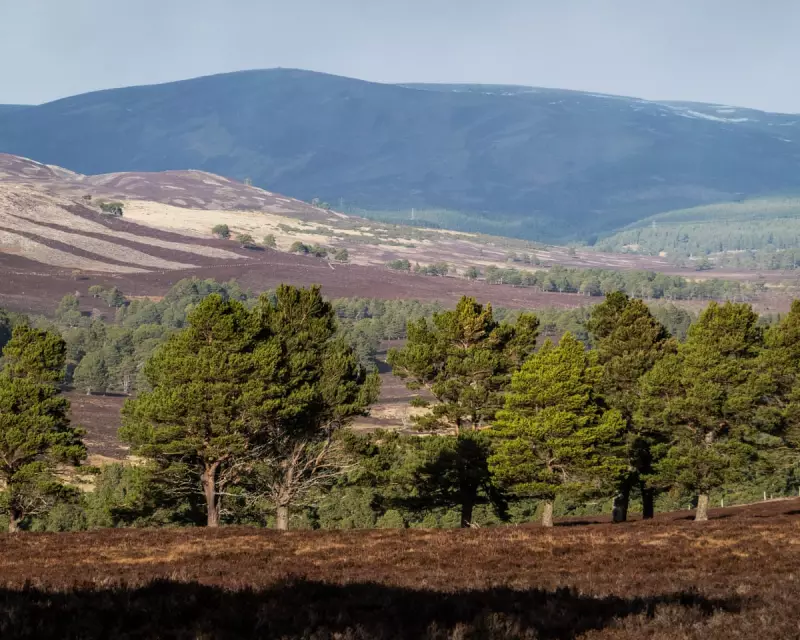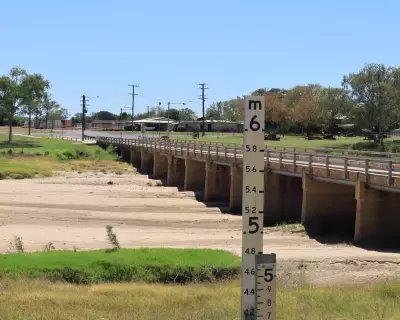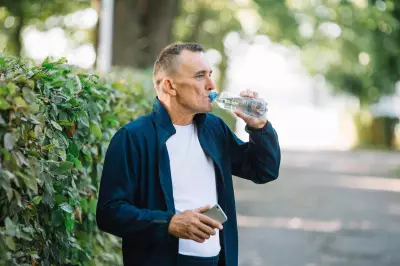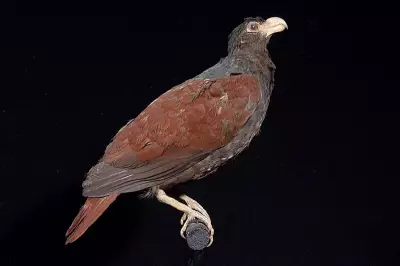
In a move that has surprised environmental advocates and industry observers alike, BrewDog has sold the vast Scottish rewilding estate it acquired with great fanfare just five years ago. The craft beer giant purchased the 9,300-acre Kinrara Estate near Aviemore in 2020, pledging to transform it into a "vast carbon store" as part of its ambitious environmental strategy.
The estate has now been sold to a private individual, understood to be Danish billionaire Anders Holch Povlsen, through his company Wildland Ltd. The sale price remains undisclosed, though the estate had been valued at approximately £8 million.
From Environmental Flagship to Quick Sale
When BrewDog acquired Kinrara, co-founder James Watt declared it would become "one of the most powerful carbon sequestration projects in the UK." The company promised to plant millions of trees and restore peatlands across the Highland property, positioning itself as a corporate leader in environmental stewardship.
However, the reality fell significantly short of these ambitions. While some conservation work began, including initial tree planting and peatland restoration, the scale never matched the original vision. Local conservationists have expressed disappointment at the limited progress made during BrewDog's tenure.
Corporate Environmental Commitments Under Scrutiny
This sale raises broader questions about the durability of corporate environmental pledges. BrewDog's rapid divestment of what was marketed as a long-term conservation project highlights the potential gap between sustainability rhetoric and corporate action.
The company stated that the decision to sell was driven by a strategic shift toward initiatives with "more immediate environmental impact." However, critics argue that meaningful rewilding requires decades of consistent commitment, not quick turnarounds.
What Comes Next for Kinrara
The new ownership brings a different approach to land management. Wildland Ltd, already one of Scotland's largest landowners, has a proven track record of long-term conservation projects across its extensive Highland estates.
Conservation groups have expressed cautious optimism about the estate's future under its new stewardship, while noting the lost opportunity during BrewDog's brief ownership period.
The episode serves as a cautionary tale about corporate environmentalism and the complex, long-term nature of genuine ecological restoration.





